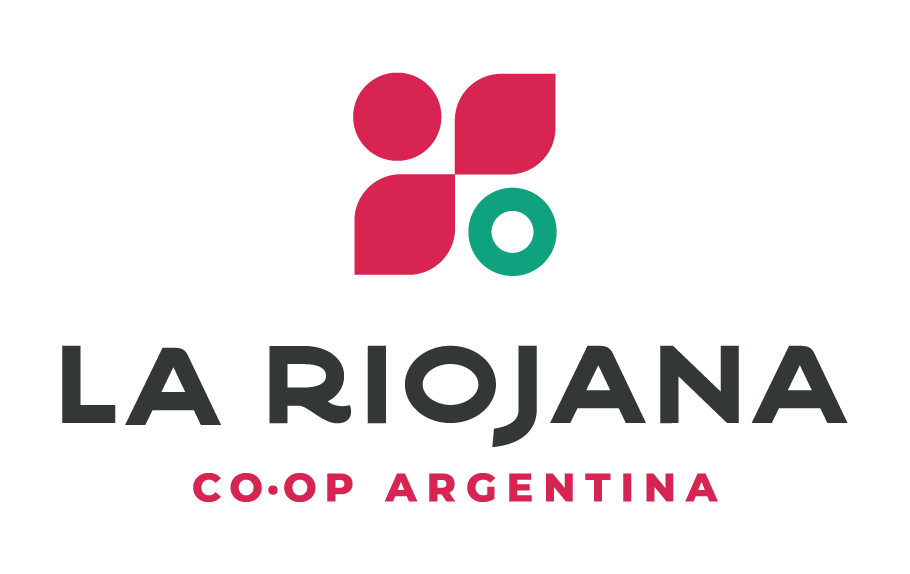WHAT IS FAIRTRADE?
We are all accustomed to buying our bananas, our jars of coffee, and increasingly our bottles of wine, with the distinctive Fairtrade logo on them. But what does it actually stand for?
In the main, Fairtrade stands for exactly what it sounds like. A trade between a buyer and a seller that is genuinely fair to both sides.
But that is only half the story. The FAIRTRADE Mark was first launched in 2002 by Fairtrade International (FLO) to ensure farmers, growers and their workers in developing countries were able to receive not only a fair price for their products, but decent working conditions and practices. This was particularly relevant in areas where the scale of production or the cost of getting goods to market from remote parts of the world would make them uncompetitive on the open market.
By buying Fairtrade products, consumers can also be reassured that their actions, in the words of the UK’s organising body, the Fairtrade Foundation, are helping those farmers and growers “make their own decisions, control their futures and lead the dignified life everyone deserves”.
Argentina, La Riojana and Fairtrade
Argentina may be one of the fastest growing wine nations in the world, but it is still a developing country and large parts of its wine production relies on growers and their workers living and working in small, rural, poor communities, with often basic local services.
In particular they are often in need of a constant water supply and clean drinking water in what can be hot, hostile and very difficult conditions.
It is why Fairtrade and its many projects and services have become an important part of winemaking in Argentina.
The La Rioja province, where the majority of La Riojana’s co-operative members live and work is one of the most fertile agricultural regions in the country, but it is also one of the most remote.
It is why La Riojana has made Fairtrade a fundamental part of our co-operative model.
We are only as strong as our collective self and by following Fairtrade principles and working with the right trading partners we have been able to raise enough funds to be able to invest in vital services for not just our immediate La Riojana growers and workers but for their families, friends and the wider communities in which they live.
In particular La Riojana has been able to prioritise Fairtrade projects that provide clean running water, and improved healthcare and education services to our members. This has involved the building of a dedicated well, reservoir and water storage facility in the village of Tilimuqui along with a new secondary school and soon to be built new health centre.
How does Fairtrade work?
Importantly this is not an official government-backed programme, but a worldwide independent accreditation body set up to protect, support and reward people looking to making an honest living in under developed countries producing products that people in the developed world want to buy.
If a product carries the FAIRTRADE Mark you can be assured it is following these key principles:
- the ingredients in the product have been produced by small-scale farmer organisations or plantations
- those organisations all meet Fairtrade social, economic and environmental standards
- those standards include protection of workers’ rights and the environment
- each farmer or participating organisation is paid both a Fairtrade Minimum Price and an additional Fairtrade Premium that goes into a fund for farmers and workers to spend on local projects.
How is the Fairtrade movement organised?
The Fairtrade movement is organised through one central Fairtrade International body, based in Bonn, Germany, that then sets the strategy and co-ordinates the work and activities of 32 separate Fairtrade organisations, like the Fairtrade Foundation in the UK.
But crucially 50% of the Fairtrade movement is owned by the producers themselves and they are represented on the board of directors of the Fairtrade International.
To be able to carry the FAIRTRADE Mark the product and its production process must comply with strict international standards.
These are governed by a separate independent certification body, FLO-CERT, which has two key functions:
- To ensure the relevant social and environmental Fairtrade standards for the raw materials and products that carry the Fairtrade Mark are being complied with
- And that producers receive the Fairtrade minimum and premium price for their products.
Independent FLO-CERT auditors, familiar with the local cultures, languages, legal systems and working practices will work in the participating countries to ensure the standards are being followed.
How big is Fairtrade around the world?
There are now 32 countries around the world, each with their own separate Fairtrade organisation, looking to support and promote Fairtrade goods and services.
Fairtrade Producer networks have been set up in Latin America, Africa and Middle East and Asia and the Pacific.
The Fairtrade global network now covers over 1.5 million farmers and their workers in 74 countries (source: Fairtrade Foundation).
The UK is one of the largest supporters of Fairtrade and in 2014 saw overall Fairtrade sales of £1.67 billion, raising £25m in Fairtrade Premium to be invested in Fairtrade projects around the world (source: Fairtrade Foundation).











